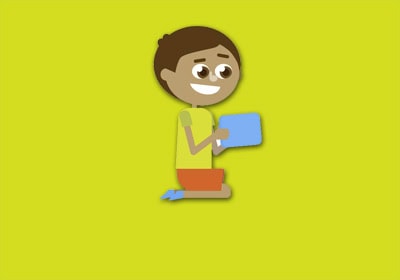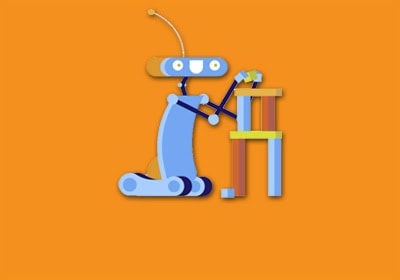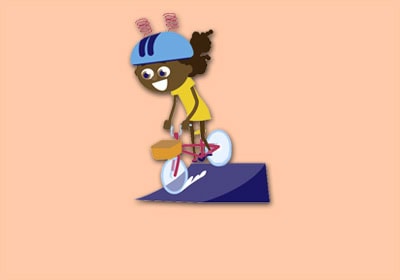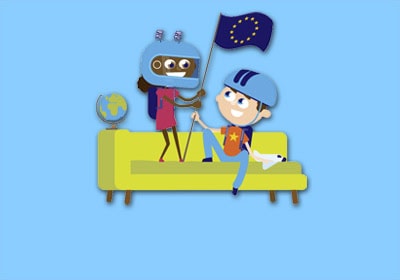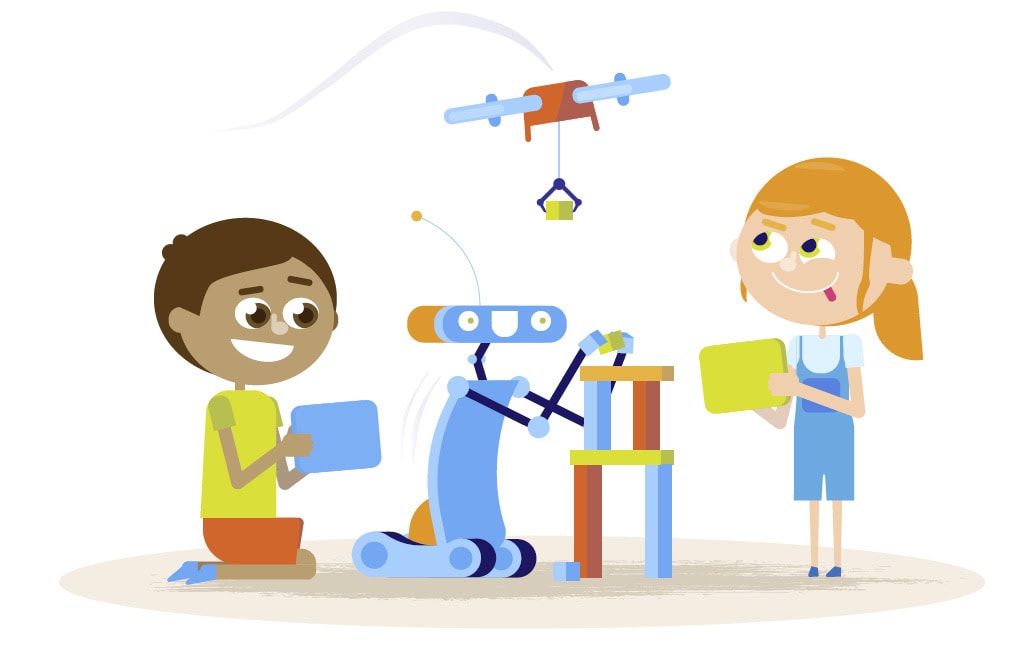
Play 4 The Future
Why play for the future?
In recent years, international organisations like the OECD and WEF have acknowledged the power of play in addressing the ‘skills gap’ for children and young people, by equipping them with many of the 21st century skills they will need to face tomorrow’s challenges. Making sure that children enjoy a combination of playful learning and free play allows children to explore, experiment and engage with the world around them on their own terms.
Examples of the play for the future
All types of play help to prepare children for the future:
- Free play helps children learn to imagine and think creatively.
- Structured play such as board games or outdoor games allow children to develop valuable communications and problem-solving skills.
- Play that integrates STEM concepts (science, technology, engineering and maths) helps to develop problem solving, critical thinking.
- Digital play can boost children’s technological knowledge and understanding.
Play policy for the future
There is an urgent need for policymakers and educationists to rethink how children are prepared with the skills required to successfully navigate and thrive in a rapidly changing world, environment and society. Play is the rocket fuel kids need to booth those skills and passions in readiness for the future.


